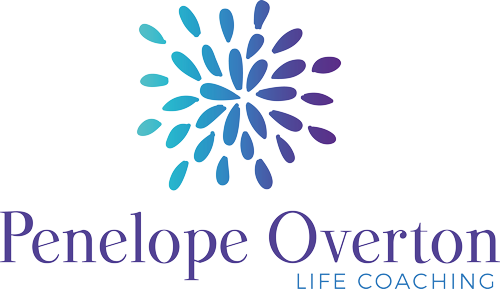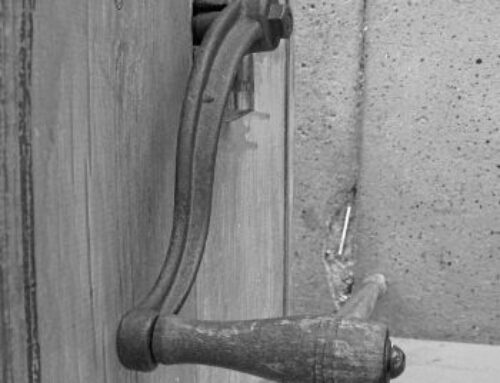In response to overwhelming popular demand (at least three people have mentioned in passing that they miss my alphabet posts), I am resuming my A to Zs today.
I’ve recently started a year-long professional training in an a therapeutic approach called Compassionate Inquiry, developed by Gabor Maté – you can read about it here: https://compassionateinquiry.com/. I am utterly gripped, absorbed and stimulated by this work – it’s makes so much sense to me and is already transforming my work. With all the enthusiasm of the new devotee I expect many of these entries will be about this material, starting off with two for the price of one:
A is for Attachment and Authenticity.
Authenticity and attachment are the two primal needs of every human being – from the moment of our birth we want to be with others and we want to be ourselves. When we’re really small, newborn, infants, our need for attachment is actually life preserving. It continues to be a pre-requisite for safety until we’re pretty much grown up. Nearly always, possibly without exception, we will discover that our authenticity – the full acceptance of our emotional experience – is at odds with how our primary carer wants us to behave. And generally speaking, no, I mean, inevitably, we will take the view before we’re consciously able to choose, that pleasing our care-giver is a safer way to be in the world than forcing them to hear us out. This isn’t about parents doing wrong, this is how they’re actually told to behave, from Supernanny, to Gina Ford, to the health visitor, to grandparents, to friends who’ve been through it all already: leaving the baby to cry it out, sitting a toddler on the naughty step until they say sorry, taking the six year old into school because you’ve realised their tummy ache wears off by half past nine.
So what? Well, these are relatively trivial examples, and none of us are going to end up massively dysfunctional as a result of a few commonplace hardships, while of course for some, the choice to survive over expressing how they feel will be dangerous and horrific. But even these commonplace experiences will almost inevitably show up unhelpfully in our adult lives. They’ll show up in that tendency we have to please others over doing what we want; to self criticise ourselves into paralysis; to not speak up for fear of being a nuisance; or doing our nut when someone sneaks ahead of you in a queue. Usually these reactions seem inevitable and obvious to us, they’re just the way we are, our personality, we can’t help it. But once we start to notice that these ways of reacting might not be serving our very best interests, that’s when it makes sense to trace them back to their life-preserving origins, when we chose to let authenticity take a back seat in order to remain attached. Then we can start to let authenticity muscle back in.
Scratching the surface, but glad to have kicked off this alphabet again.




